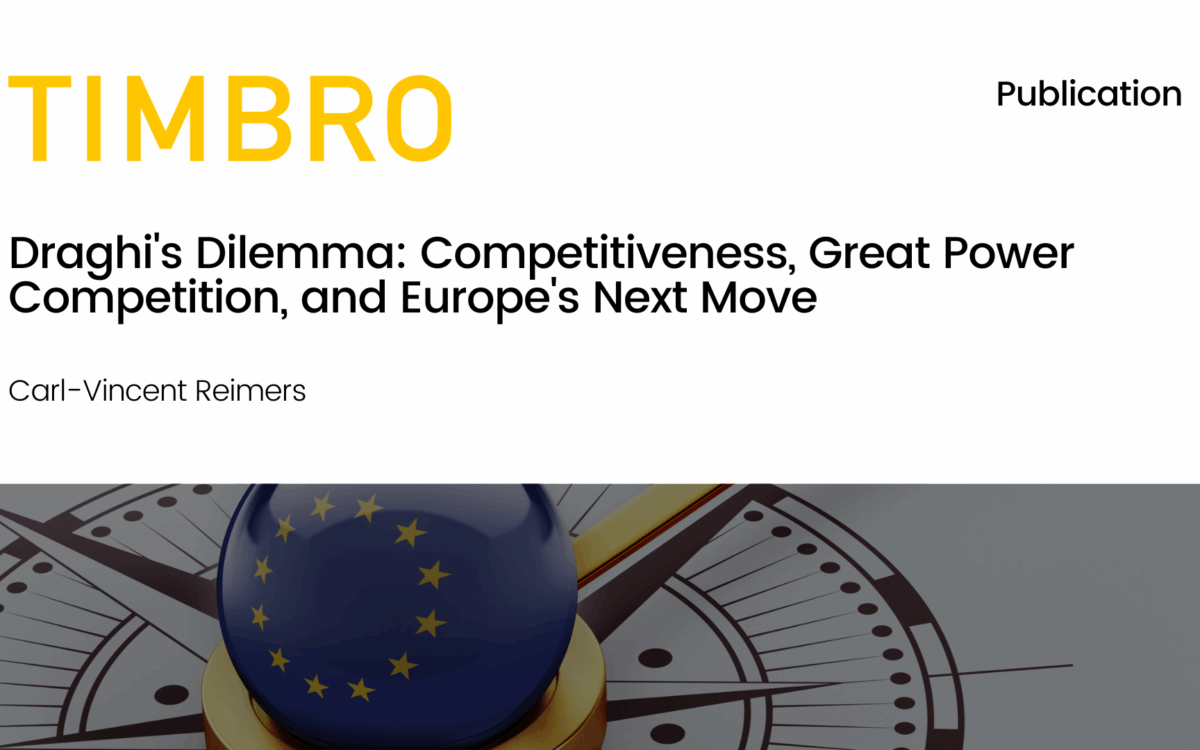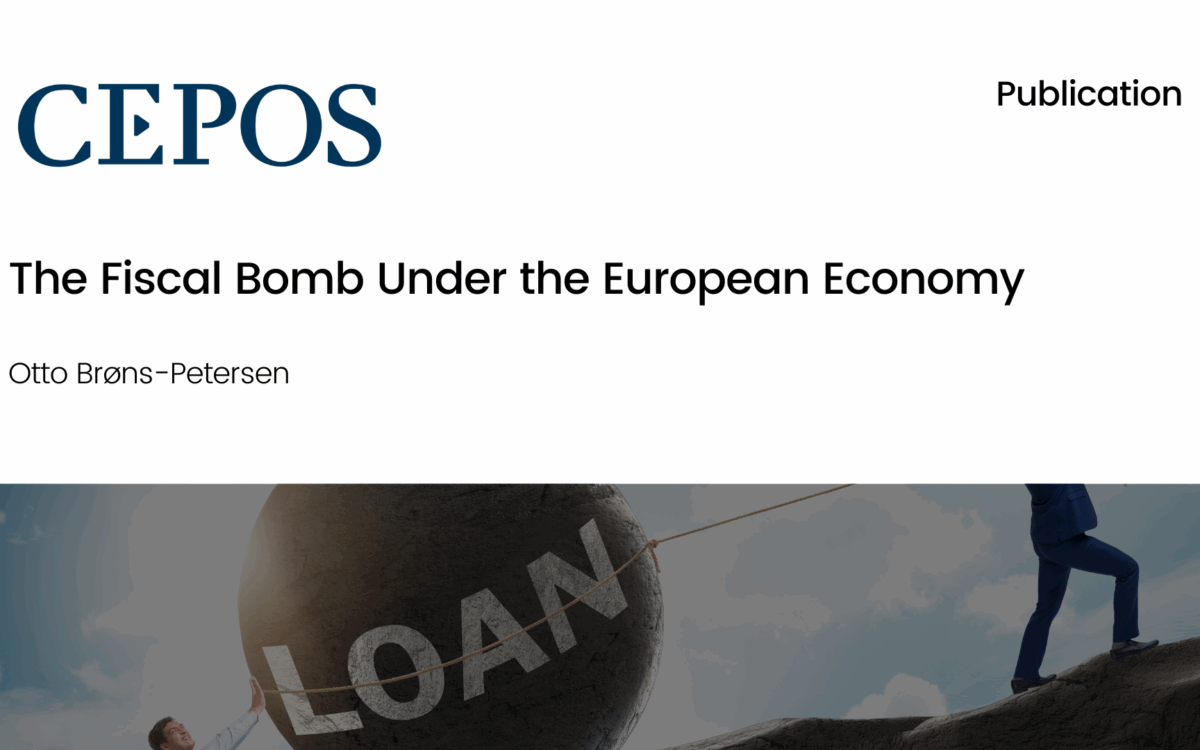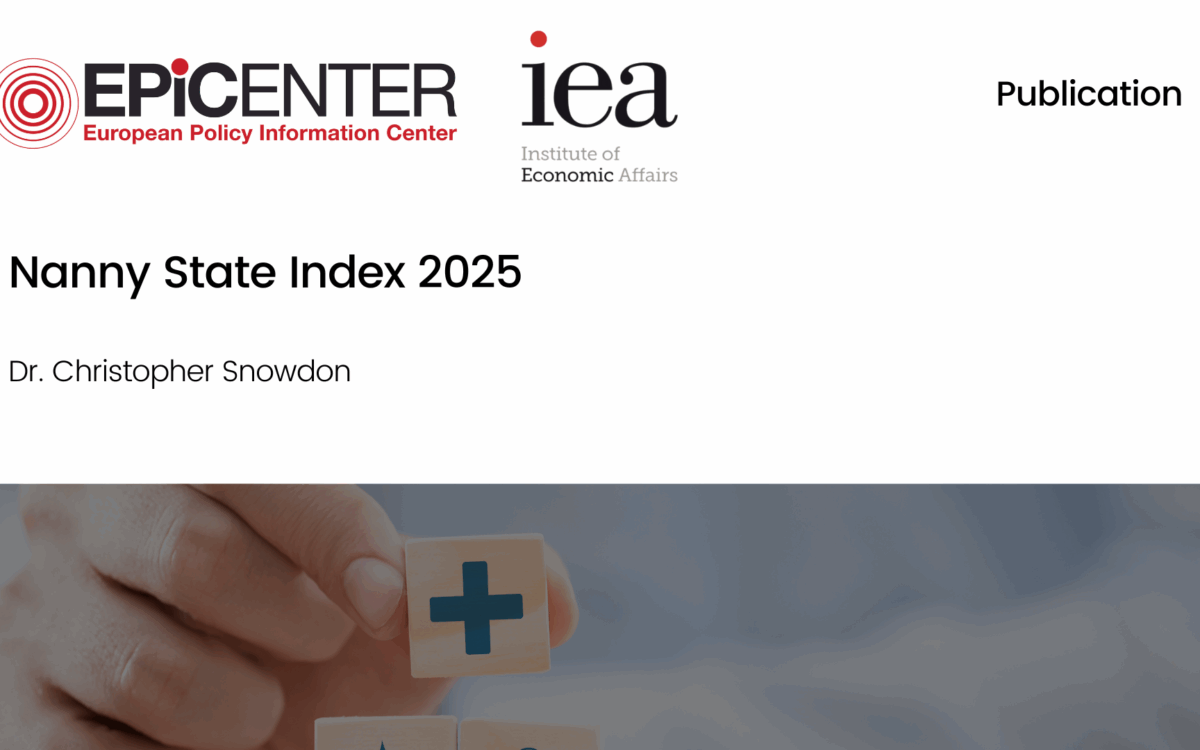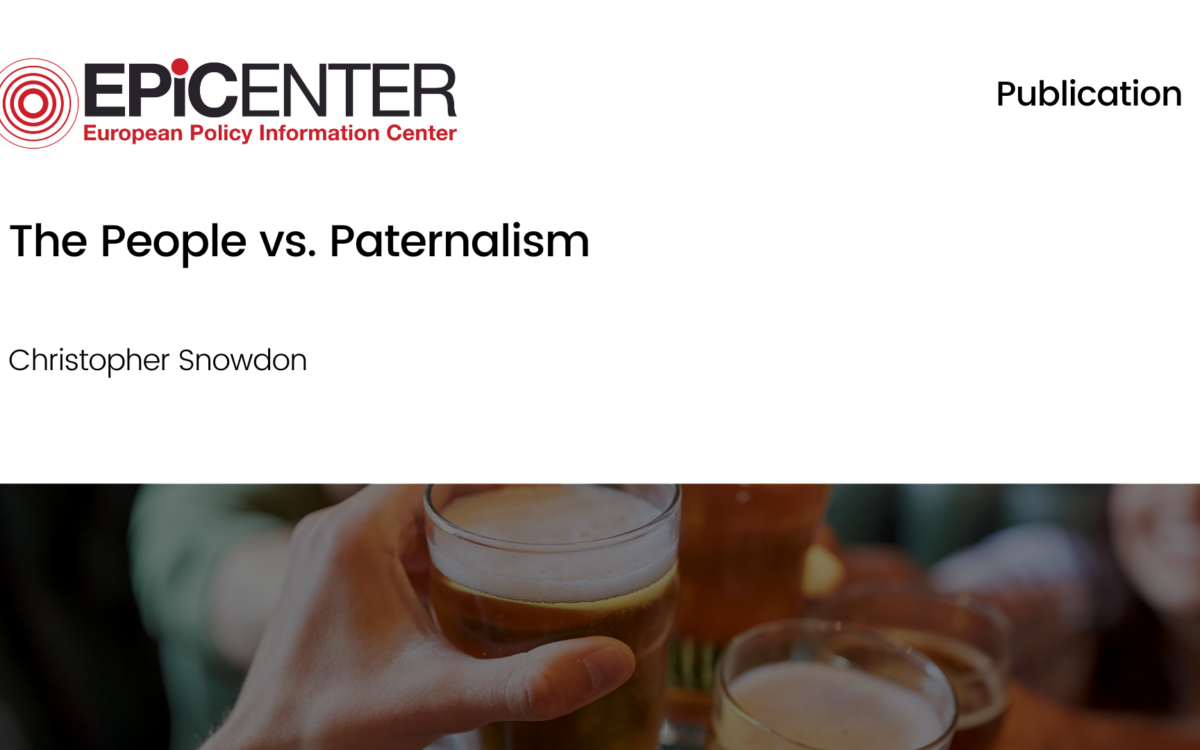EU Regulatory Quality Index
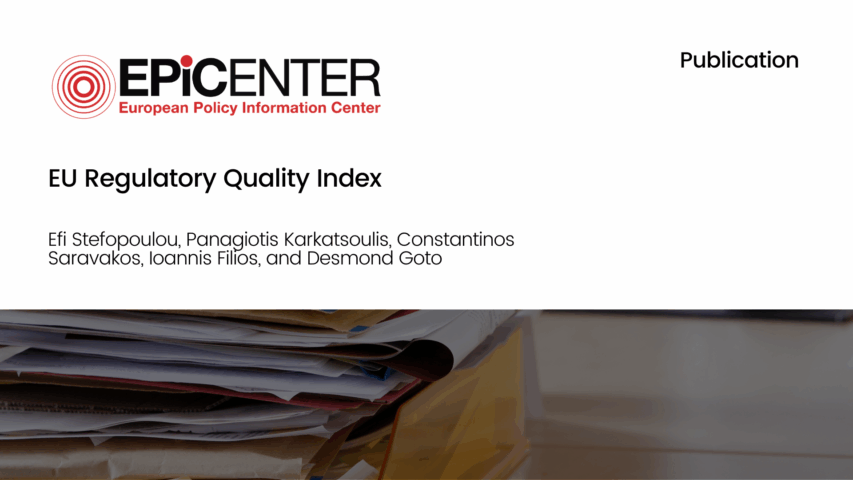
EU Regulatory Quality Index
Efi Stefopoulou, Panagiotis Karkatsoulis, Constantinos Saravakos, Ioannis Filios, and Desmond Goto // 20 November 2025
The EU Regulatory Quality Index evaluates how well recent EU directives adhere to the principles of better regulation. It examines language clarity, legislative length, use of impact assessments, consultation practices, subsidiarity and proportionality, and the effectiveness of implementation.
By analysing 61 directives adopted between 2022 and 2024, the index highlights patterns in regulatory complexity and identifies where EU lawmaking succeeds or falls short.
The results provide a benchmark for improving transparency, accessibility, and evidence-based policymaking, while offering practical recommendations to strengthen the quality and consistency of future EU legislation.
The main conclusions of the Index are:
-
EU legislation is highly complex, with average sentence length almost double plain-language recommendations, which makes it difficult for citizens and policymakers to navigate.
-
Many directives are extremely long and can take several hours for a non-expert to read, indicating low accessibility and high cognitive strain.
-
The volume of EU regulation continues to rise despite commitments to simplification, contributing to regulatory inflation.
-
Early-stage planning tools such as roadmaps and inception impact assessments are used inconsistently, limiting transparency at the start of the legislative process.
-
Impact assessments often lack essential elements, including territorial analysis, financial statements, and assessments of SME and competitiveness impacts.
-
Consultation practices remain uneven across policy areas, with some domains showing very low or no evidence of meaningful stakeholder engagement.
-
Implementation performance is weak, with fewer than half of directives transposed on time and limited uptake of implementation measures by member states.
- There is significant variation in regulatory quality between policy fields, with transport and foreign policy performing well and institutional matters performing poorly.
- Linguistic and structural problems, such as long sentences, excessive punctuation, and inconsistent terminology, reduce clarity and hinder compliance.
-
Proposed solutions focus on improving early-stage planning, simplifying legislative drafting, strengthening scrutiny by the Regulatory Scrutiny Board, ensuring fuller impact assessment coverage, increasing transparency, and supporting better implementation.
Download or share this publication
View the PDF
EPICENTER publications and contributions from our member think tanks are designed to promote the discussion of economic issues and the role of markets in solving economic and social problems. As with all EPICENTER publications, the views expressed here are those of the author and not EPICENTER or its member think tanks (which have no corporate view).
